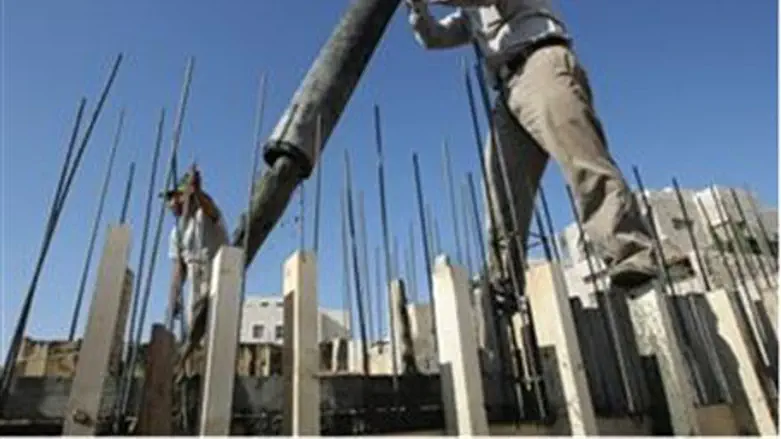
The Building Committees Law (properly called the Law on Planning for the Expedition of Residential Construction) is the keystone of Prime Minister Binyamin Netanyahu's response to the demands by protesters nationwide for cheaper housing. The law passed its second and third reading Wednesday, supported by 57 MKs and opposed by 45, with the vote mostly going along party lines; Netanyahu and his right-leaning coalition in favor, and Kadima and the leftist bloc mostly opposed.
The law is one of the more maligned in recent Israeli history, especially by protesters who have set up tent cities in Tel Aviv and other places; in a takeoff on its Hebrew name “the Vadalim law,' for example, the protesters have taken to calling it “the Vandalim law,” implying a level of “government vandalism” in the law's rationale.
However, Likud MKs – as well as Prime Minister Netanyahu – believe that the law will significantly increase the number of housing units available for Israelis, “flooding” the market with apartments that within a few years will lower price pressure, making homes more affordable for everyone.
The law is designed to bypass the usual lengthy approval process for new homes, and to streamline the process for construction of public housing. Currently, plans for construction must pass through a number of bureaucratic layers – local and regional building councils, the Israel Lands Administration, environmental impact committees, and others. The new law, which was enacted for a test period of 18 months, will override the current system, setting up six regional committees consisting of nine members, seven of whom will represent the various government ministries (Environment, Infrastructures, Education, etc.) and two of whom will represent local organizations. In addition, the regional committees will deal only with housing (as opposed to business projects, malls, etc.), so the hope is that plans can be processed that much more quickly.
The committees will be in charge of approving building plans for mostly state-owned lands that have been put up for tender. The committees will award the tender and set conditions, such as requiring projects to be built within a certain amount of time, or that a percentage of units be set aside for rentals. Tender winners will have to submit all their impact statements (infrastructure, environment, etc.) within six weeks of approval, at which point public hearings may be held, the last stage before final approval. Infrastructure for all projects must be completed within two and a half years of the date of approval. If the committee does not meet the timetable, an official of the Prime Minister's Office will be able to intervene to get the process moving. The law makes the Prime Minister responsible for ensuring that projects are carried out, instead of the Interior Minister, who has had the final say on projects until now.
Much of the opposition to the law comes from environmental groups, who fear that the local committees will ride roughshod over environmental strictures and build in areas that until now have been considered off-limits to construction: beaches, dunes, and adjacent to nature preserves. In response the government says that it has a list of areas where housing could be built without having a major environmental impact, and that the law is meant to push construction in those areas. Contractors have also criticized the law, saying that it did not go far enough; instead of applying it only to public lands, it should be applied to privately held property as well. The government has responded to that stance as well, saying that experience shows that it would be much more difficult to secure approval quickly from private owners than from the government itself.